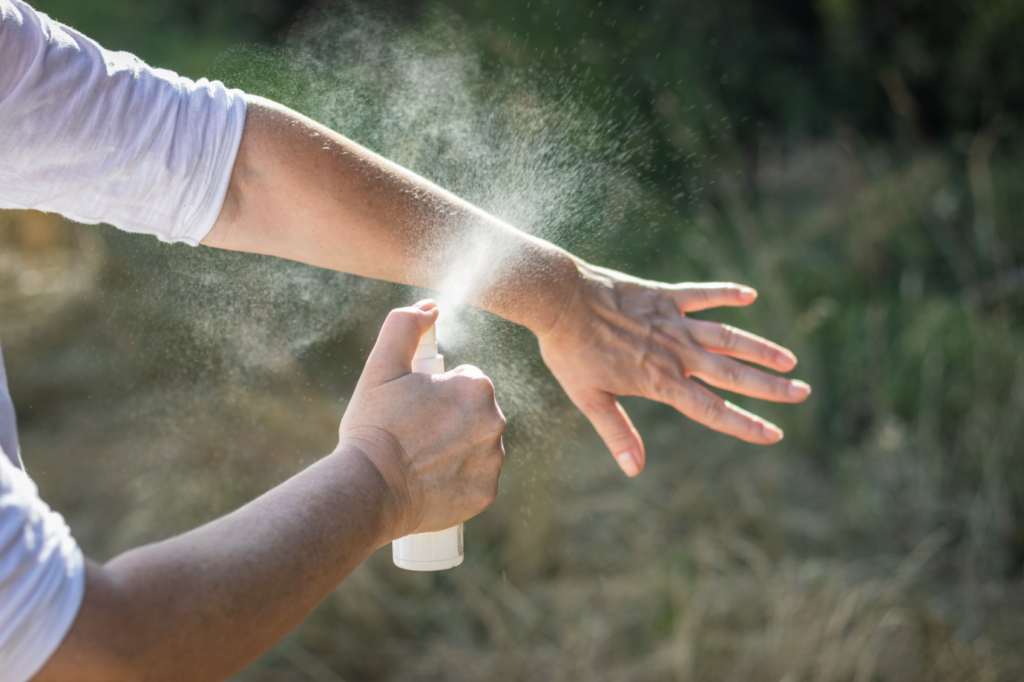Protecting oneself from these aggravating insects like mosquitos is important, and the choice between natural and chemical mosquito repellents often arises. While natural options are often perceived as healthier choices, it is essential to evaluate their efficacy in repelling mosquitoes.
One of the main arguments for organic mosquito repellents is the perception that they are healthier and safer than chemical alternatives. Natural repellents derived from plant extracts or essential oils are often seen as a preferable option, as they are generally considered less toxic and may have fewer adverse effects on human health.
Organic mosquito repellents are also often touted as more environmentally friendly. Chemical repellents, especially those containing DEET, can have negative impacts on the environment and wildlife. Opting for organic alternatives can help minimise potential harm to ecosystems.
While there may be variations in effectiveness, certain natural mosquito repellents have demonstrated the ability to repel mosquitoes. Essential oils like lemongrass, geranium, and eucalyptus have been recognised for their insect-repellent properties. Some studies suggest that coconut-scented soaps and basil plants can also deter mosquitoes. These natural options provide potential alternatives for those seeking effective mosquito protection.
Related News
- Just like chicken? Europe poised to put insects on plates
- Measuring soil health: Flanders residents called on to bury underpants
- Belgian travellers fined €1,600 for eating hedgehogs
However, one of the primary concerns with organic repellents is their variable efficacy. While some natural ingredients may repel mosquitoes, the degree of effectiveness can vary significantly depending on the concentration, application method, and individual factors. It is crucial to understand that not all organic repellents may offer consistent protection.
Shorter duration
Compared to chemical repellents containing ingredients like DEET or picaridin, organic repellents may offer a shorter duration of protection. Natural repellents typically require more frequent application to maintain their effectiveness. This aspect can be inconvenient, especially in situations where continuous protection is necessary, such as during extended outdoor activities.
Organic repellents may provide limited protection against mosquito-borne diseases. Chemical repellents containing DEET have been extensively tested and proven effective against a broad range of mosquito species, including those known to transmit diseases such as malaria and dengue. The effectiveness of organic options against disease-carrying mosquitoes may vary, and reliance solely on natural repellents in high-risk areas could potentially increase the risk of infection.
When considering organic mosquito repellents, it is essential to weigh the arguments for and against their use. While natural options are often preferred for their perceived health and environmental benefits, their effectiveness can vary.
Organic repellents can be effective in repelling mosquitoes, but they may require more frequent application and offer limited protection against disease vectors. Ultimately, personal preferences, risk factors, and the specific context should be considered when making a decision on mosquito repellent choices.

